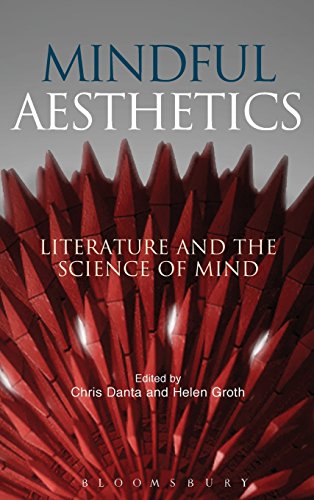

Most ebook files are in PDF format, so you can easily read them using various software such as Foxit Reader or directly on the Google Chrome browser.
Some ebook files are released by publishers in other formats such as .awz, .mobi, .epub, .fb2, etc. You may need to install specific software to read these formats on mobile/PC, such as Calibre.
Please read the tutorial at this link: https://ebookbell.com/faq
We offer FREE conversion to the popular formats you request; however, this may take some time. Therefore, right after payment, please email us, and we will try to provide the service as quickly as possible.
For some exceptional file formats or broken links (if any), please refrain from opening any disputes. Instead, email us first, and we will try to assist within a maximum of 6 hours.
EbookBell Team

5.0
88 reviewsIn the last few decades, literary critics have increasingly drawn insights from cognitive neuroscience to deepen and clarify our understanding of literary representations of mind. This cognitive turn has been equally generative and contentious. While cognitive literary studies has reinforced how central the concept of mind is to aesthetic practice from the classical period to the present, critics have questioned its literalism and selective borrowing of scientific authority. Mindful Aesthetics presents both these perspectives as part of a broader consideration of the ongoing and vital importance of shifting concepts of mind to both literary and critical practice.
This collection contributes to the forging of a 'new interdisciplinarity,' to paraphrase Alan Richardson's recent preface to the Neural Sublime, that is more concerned with addressing how, rather than why, we should navigate the increasingly narrow gap between the humanities and the sciences.